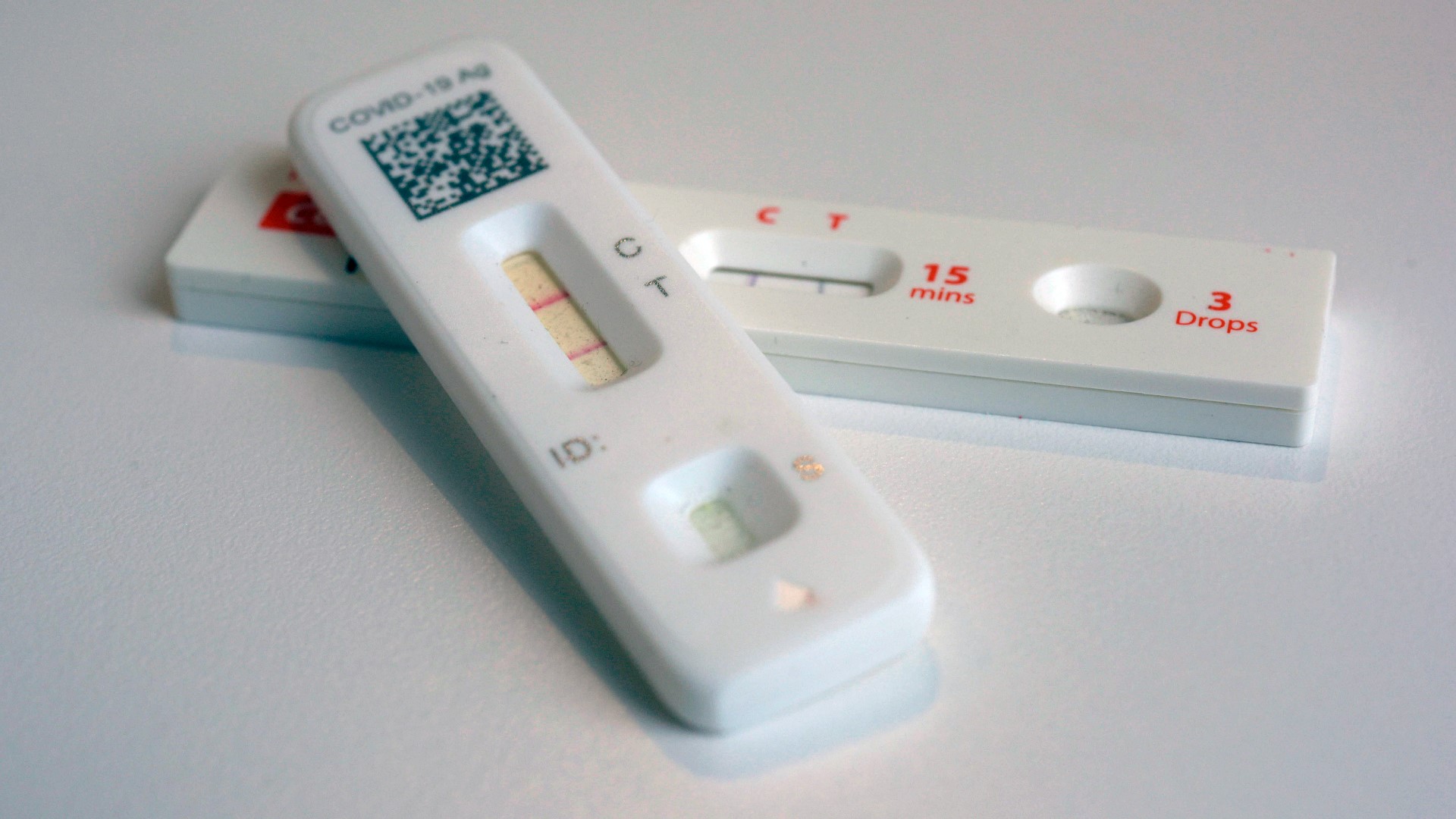LEBANON, Pa. — Lebanon County District Attorney Pier Hess Graf issued a statement to residents Monday clarifying her position on prosecuting businesses who open in defiance of Gov. Tom Wolf's orders to remain closed amid the COVID-19 outbreak.
While Graf said a statement last Friday that her office would not prosecute any businesses that re-opened before Lebanon County was moved to a "yellow" designation by the Wolf administration remains true, "inherent limitations on my actions unfortunately exist."
And after Wolf on Monday said the state could potentially penalize businesses that re-open without his administration's approval, Graf said the decision to re-open remains up to the individual -- but owners of businesses subject to state regulation or licensure are "subject to the Governor's civil consequences."
"The state may revoke your license, close your business, and/or impose a civil fine," Graf said. "The state may also review your insurance coverage. Examples include the Liquor Control Board, the Department of Agriculture, and cosmetology licenses.
RELATED: Lebanon County officials tell Gov. Wolf they will move the county to yellow phase, despite orders
"The state acts at the discretion of your governor and my office cannot control his actions."
Graf called Wolf's actions "misguided" and "wrong," but said business owners "must be aware of his potential punishments and make the best decision for your families."
Graf noted several people inquired about potential police enforcement should they decide to open their businesses.
"Local law enforcement stands behind this community; we exist to protect and serve," she said. "Our office and Lebanon County's police departments are a united front. This includes Pennsylvania State Police."
If someone complains about a business' practices, Graf said, police will respond if appropriate. But even if a citation is issued, Graf wrote, "my office retains the authority to withdraw and eliminate prosecution."
But that does not protect a business from any potential punishment from the state, Graf acknowledged.
"The decisions ahead are difficult," she said. "They require analysis of the necessity of business against potential health risks and harsh civil penalties. The choice you make ultimately requires thoughtful and educated contemplation."

